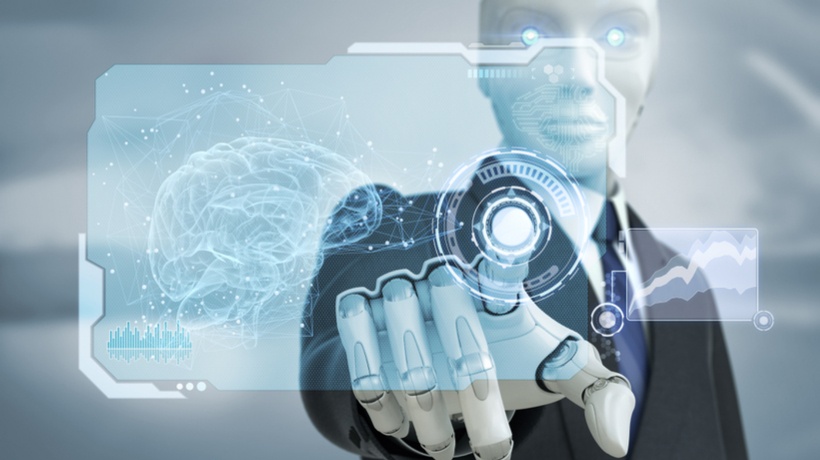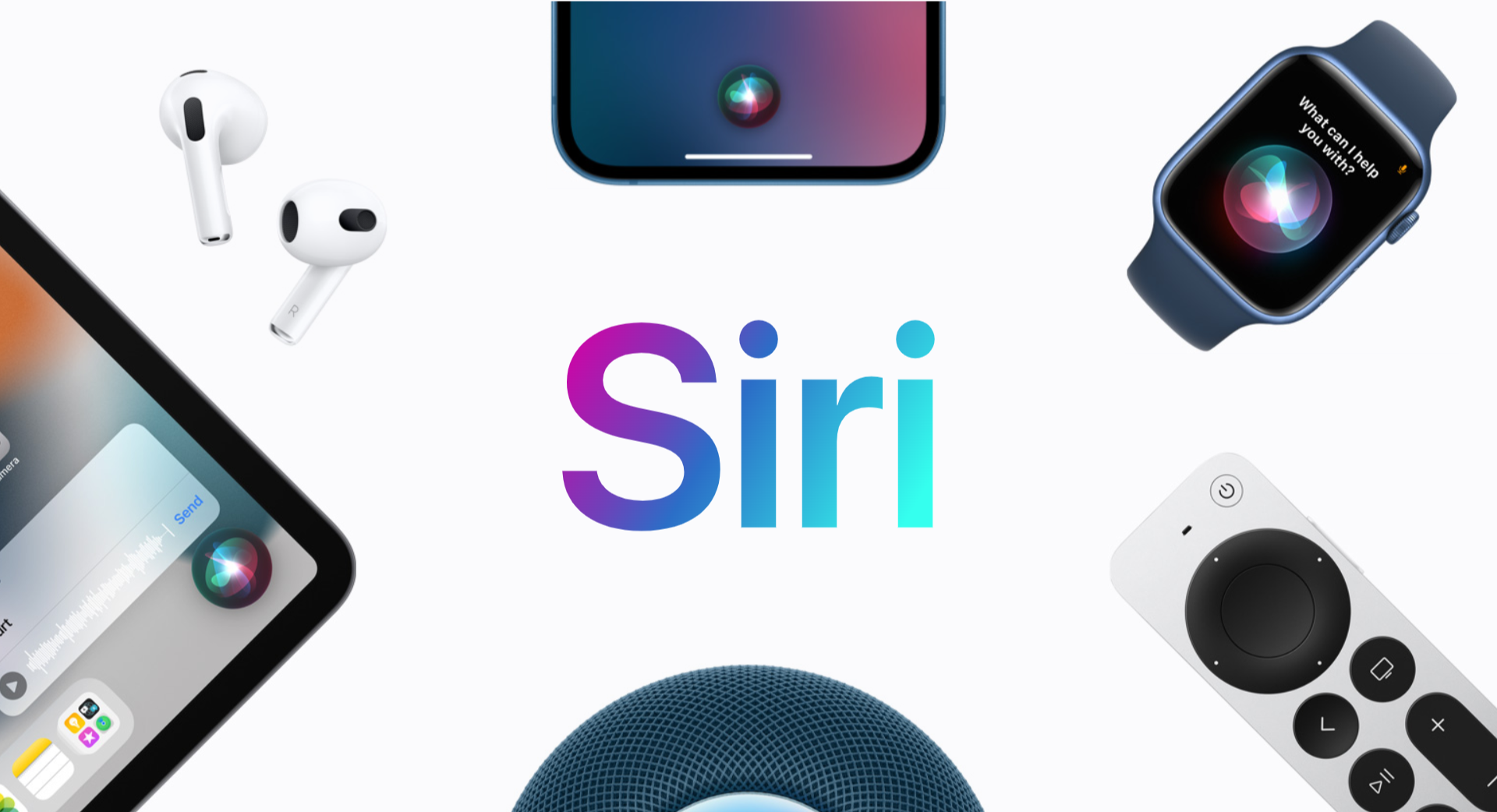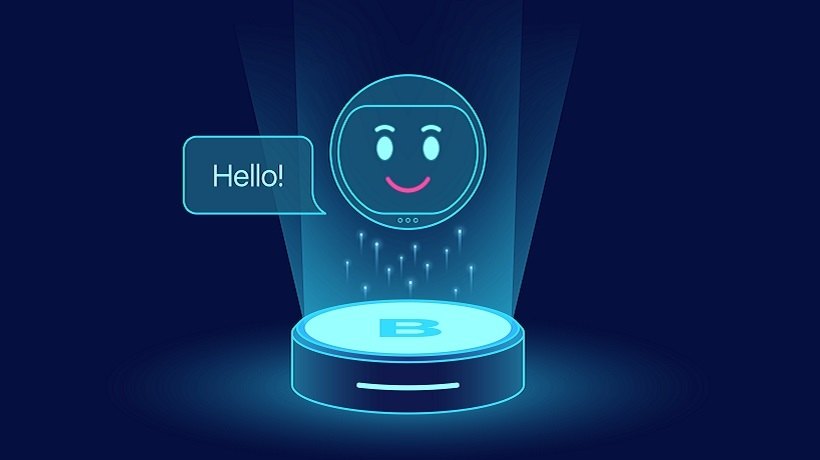The Evolution of Digital AI Assistants

In the realm of digital AI assistants, the landscape has undergone a significant transformation, particularly in 2022 and 2023. The initial forays into voice-enabled helpers, like Siri on the iPhone 4S in 2011, were limited in functionality and often struggled to provide useful answers. However, the recent wave of digital agents, fueled by generative AI, has ushered in a new era.
Rise of Generative AI

OpenAI’s ChatGPT, introduced a year ago, set the stage for the integration of generative AI into various digital services. Giants like Microsoft, Google, Amazon, and Meta swiftly incorporated this technology into their chatbots, search engines, and digital assistants. This shift, though promising, raises concerns about privacy and trust in Big Tech, especially in the aftermath of data breaches and controversies that have eroded public confidence in tech companies.
The evolution of virtual assistants in 2023 goes beyond mere improvements; it involves a fundamental overhaul. Microsoft’s Copilot, revealed in September, represents a leap forward, surpassing its predecessor Cortana. Unlike traditional assistants, Copilot not only answers queries but delves into apps, the web, and devices to offer personalized and specific responses. Similarly, Google’s Assistant with Bard, showcased in October, demonstrates the power of generative AI in crafting detailed responses based on natural language prompts.
OpenAI, Microsoft, and Google are not the only players in this arena. OpenAI, the pioneer with ChatGPT, has now enabled users to create custom versions of ChatGPT for specific tasks, opening the door for personalized digital helpers known as GPTs.
Trusting Generative AI

While generative AI holds the promise of enhancing contextual awareness and conversational comprehension for virtual assistants, it necessitates a higher level of trust in these systems. The concern lies in the increased access these digital helpers have to personal and professional data, potentially leading to unintended consequences.
The hypothetical scenarios painted by experts highlight the need for safeguards to prevent the misuse of sensitive information. Issues such as the inadvertent inclusion of private details in reports and the risk of unsettling reminders pose challenges. Moreover, the dynamic nature of our lives introduces complexity, as generative AI attempts to piece together various facets without a clear understanding of the context.
Tech companies acknowledge these challenges and emphasize user controls and privacy settings. However, privacy advocates express concerns about potential vulnerabilities unique to generative AI, such as prompt injection attacks. The rapid evolution of AI technology raises questions about whether cybersecurity measures can keep pace with emerging threats.
Despite the push for AI regulation and increased scrutiny, users may find themselves navigating a gray area where personal decisions about comfort with these systems become crucial. As the benefits of new technologies unfold, so too do the potential risks and trade-offs, underscoring the need for a balanced approach in our digital lives.
Read More (AI)








